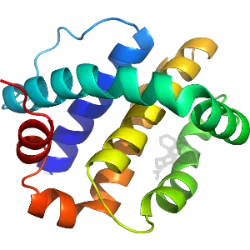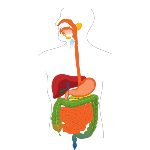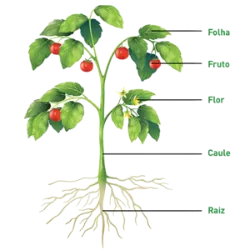The Basis of Life and the Role of Proteins

Biomolecules are fundamental to life, and among them, proteins play essential roles in the structure and functioning of organisms. They are composed of amino acids and organized into four structural levels: the primary structure corresponds to the linear sequence of amino acids; the secondary structure, to the folds formed by hydrogen bonds, such as alpha helices and beta sheets; the tertiary structure defines the three-dimensional shape of the protein; and the quaternary structure arises when two or more polypeptide chains join together.
In addition to structuring tissues, proteins act as enzymes, biological catalysts that accelerate essential chemical reactions, such as digestion and energy production. Enzymatic catalysis occurs through the reduction of activation energy, making cellular processes more efficient.
Research in biochemistry has revealed new functions of proteins and their applications in medicine and biotechnology. The study of these biomolecules is crucial for advances in disease treatments and the engineering of new drugs.
Did you know?















